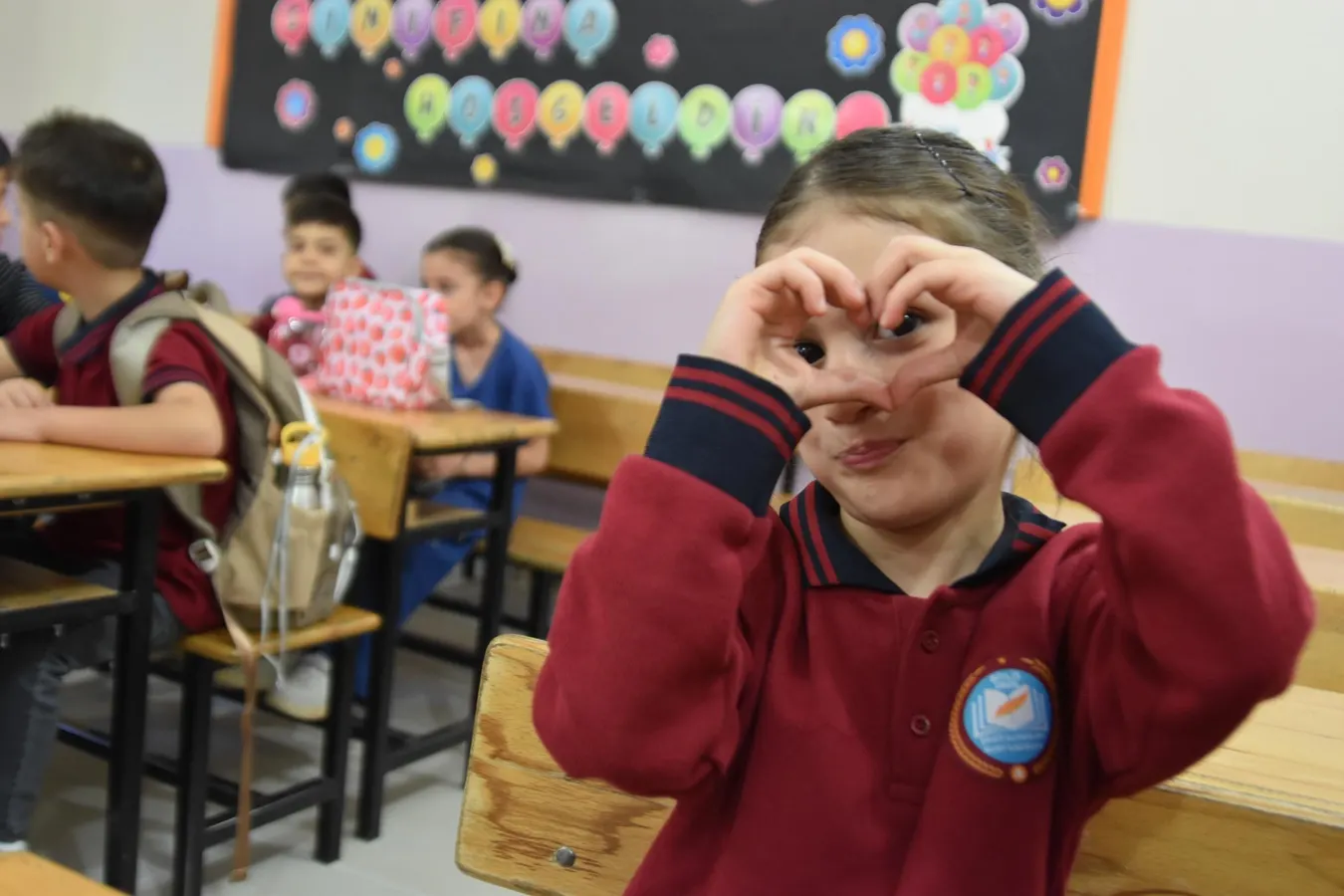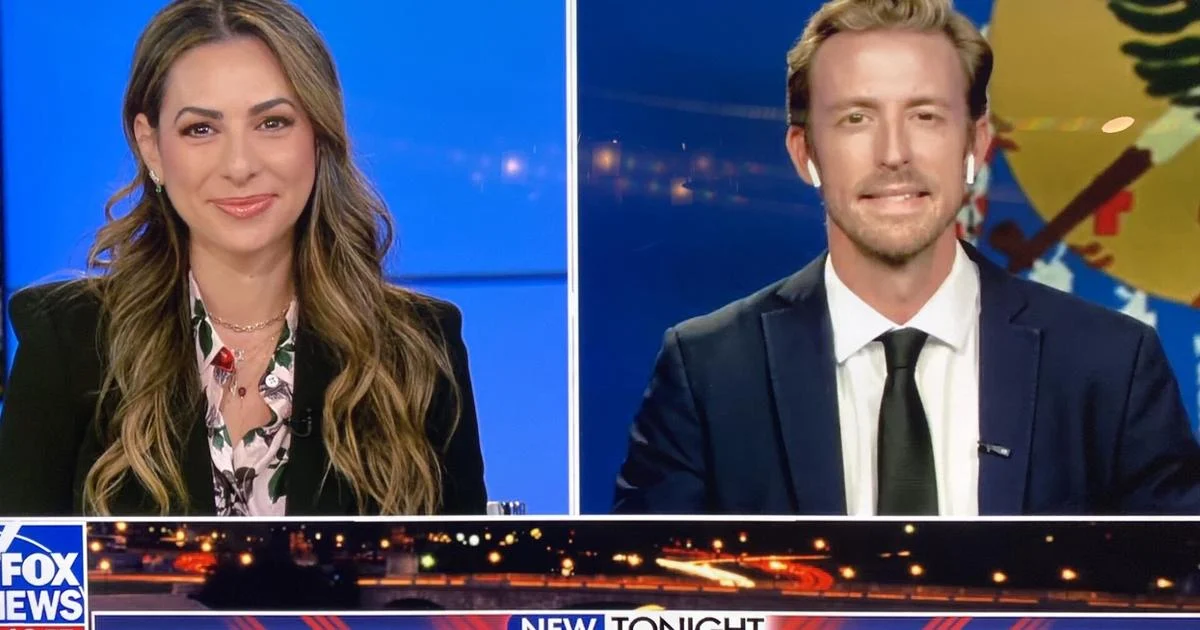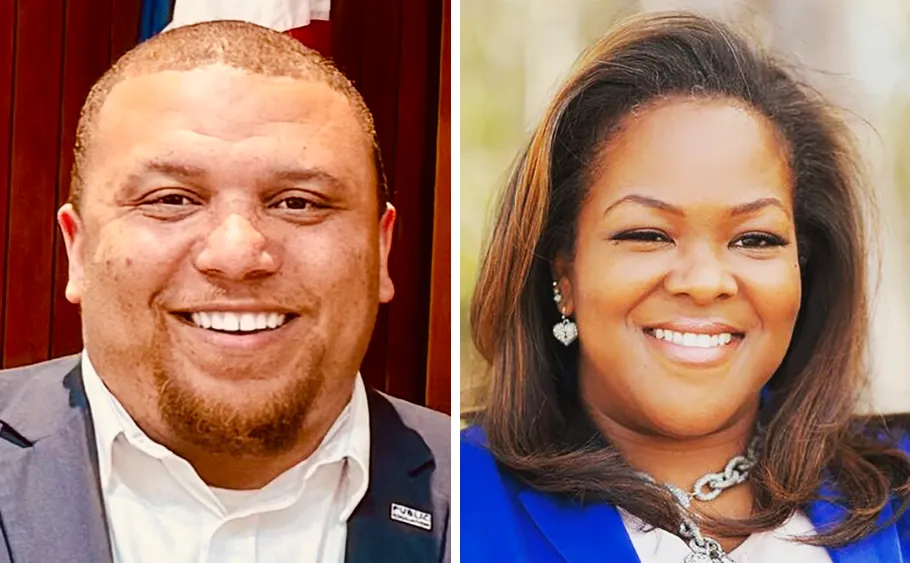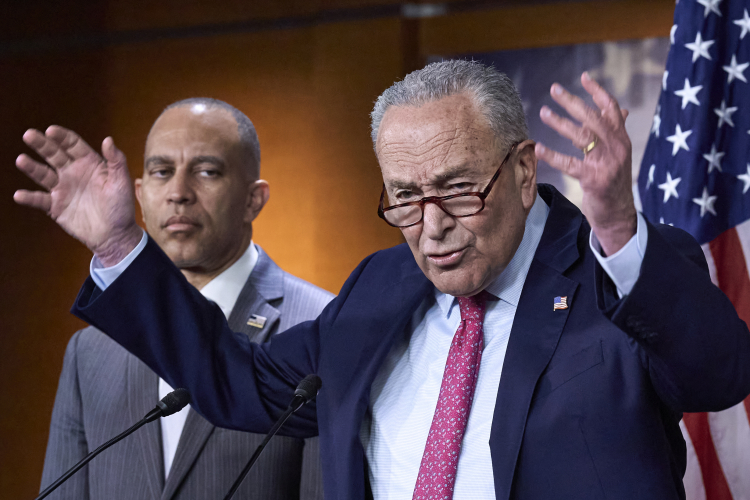By Rahul Rajkhowa
Copyright thehindu
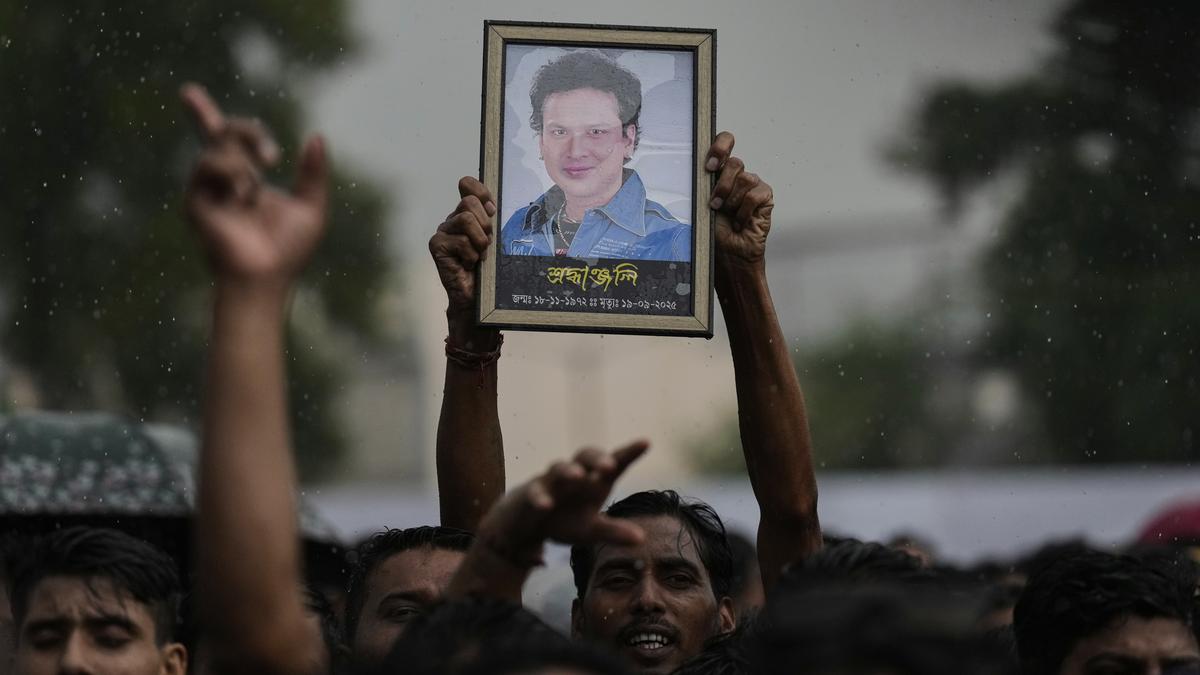
This is perhaps the hardest thing to do. To write about a elder brother, mentor, and one of the finest singers of our time. My state of Assam has been in mourning for four days, with thousands gathering to bid him farewell.
Everyone seems to have a Zubeen Da story. This is mine.
Offices in Assam have remained shut, and the city is filled with photos of him laden with flowers, speakers blaring his music. Until September 23, an ocean of people headed towards a stadium where his body remained in a glass coffin for people to pay homage.
What made him such a phenomenon? Zubeen Garg played 12 instruments and sang close to 40,000 songs in over 40 languages. He did not shy away from standing up to ministers and politicians, challenging them at press conferences and interviews. He identified as apolitical, caste-less and a socialist. Outside of the labels, he was one with the masses, a people’s champion.
The origin story
Zubeen Da, as he is affectionately known in Assam, left his home in Jorhat on a bicycle, balancing a keyboard, and made his way to Guwahati for his higher education. He quickly became popular for his voice at his college, B Borooah, winning multiple inter-college singing competitions. He eventually released his first album — Anamika (1992), an instant hit. A popular legend says that Zubeen Da walked out of the college halls without writing his exams, leaving behind a concerned principal, only for Zubeen to be invited back as the chief guest next year.
In 1995, my father who was secretary of the Assam Association in Mumbai got wind of this young star from Assam who was making waves. He took a liking to Zubeen Da, and asked him to start performing annually at Bihu festival. My earliest memory with him is from 1998 when my mother was performing at a Bihu event in Santacruz and Zubeen Da rushed up on stage to do a live jam with her, playing the harmonium as she sang. I had never seen anything quite like it.
I would meet him next only in 2010, by which time he was a superstar, having made a mark in Bollywood with popular songs like ‘Ya Ali’ produced by Pritam and ‘Subah Subah’ produced by Vishal-Shekhar where Shah Rukh, Arjun Rampal, and Hritik Roshan vibed to Zubeen Da’s voice on the streets of London. Several songs of his became regular features on Channel V and MTV.
There was something about the way Zubeen Da gave one an audience. I’m sure that everyone who has met him will tell you the same. No extra airs, the same accessibility, and a huge dose of love and humility.
When the Assamese film Industry was on a downward spiral, Zubeen Da pulled all the stops and soon become central to its revival. He dedicated the next decade to making visually appealing films and music videos, touring extensively, and working to create a foundation where upcoming artists like me could flourish. The live music Industry in Assam thrived because of him.
Diving headfirst into the wild
Zubeen Da always had a green thumb and enjoyed interacting with the literal and metaphorical wild side. To him, interaction with Nature was essential and the spaces that surrounded him were often green. During the pandemic when I was home in Assam, Zubeen Da and I were driving back from a shoot in his car when I spotted bags of fertilizers and boxes of seeds. He was planning to sow vegetables in his studio compound.
He also had a pet stork. There must be an origin story of how he found it and why he took to it but I do not have it today. I do know that he would feed it fish even though it disrupted his several recording sessions. He often booked the studio out for longer to ensure that the recording could be done despite these interruptions. He also kept a pet monkey that would often sleep next to him. The monkey, which was found in the forest during one of Zubeen Da’s sojourns, was later released into the wild.
Discourse around polity
There were close to 20 people outside the studio everyday to take pictures with him, seek help, take his counsel. Some would need help with rent, someone had a medical problem, Zubeen Da wouldn’t say no to anyone. He was our Robin Hood — this Pablo Escobar figure with a big heart.
Music that lives on
The plan was to collaborate with Zubeen Da but that never happened as I was making English Music at the time. He said “but Rahul, my people want Assamese music. When you are ready for that let me know.” Most of my evenings, hence, were spent watching him record. We would talk about Guitars, The Peaky Blinders, western artists he liked, what he plans to plant next in his studio garden.
Sometimes the studio would be filled with people sitting on the floor. He would sit on a stool like the grand old chief of a village with me sitting right next to his feet and he once said, “Rahul I never had a son, be my son.” While I tried to process the weight of that statement, he looked back up at the gathering, entertaining them with his stories.
The next couple of years I got busy trying to make my mark in Assamese music so he would take me seriously and I am guilty of not keeping in touch like I should have.
The last time I met Zubeen Da was in 2024, backstage at the Rongali Festival in Guwahati where we were both performing in the same line up. I had just won my first National Award for Best Folk song of the year with ICONYK (my producer) for my Assamese song ‘Toradoi’.
After our performance, when we were in the green room, we heard that Zubeen Da had arrived backstage. Dressed in a red vest, black shorts and his signature hat, he greeted me so warmly it was like like no time had elapsed between our last meeting. That day, he schooled a band on stage, teaching the performing artist to sing the notes right in front of a delighted audience of 10,000 people. Then, he took funny boomerangs with us. That was the kind of man he was.
We were due to meet the next day but that did not happen. I will hence carry the weight of not having met him that day for the rest of my life.
Zubeen Da walked so that the next generation of artists like us from Assam could run. He was a rockstar in its truest sense and they don’t make em’ like him anymore.
Rahul Rajkhowa is an Assamese singer-songwriter, rapper, and a teacher of history and arts.
